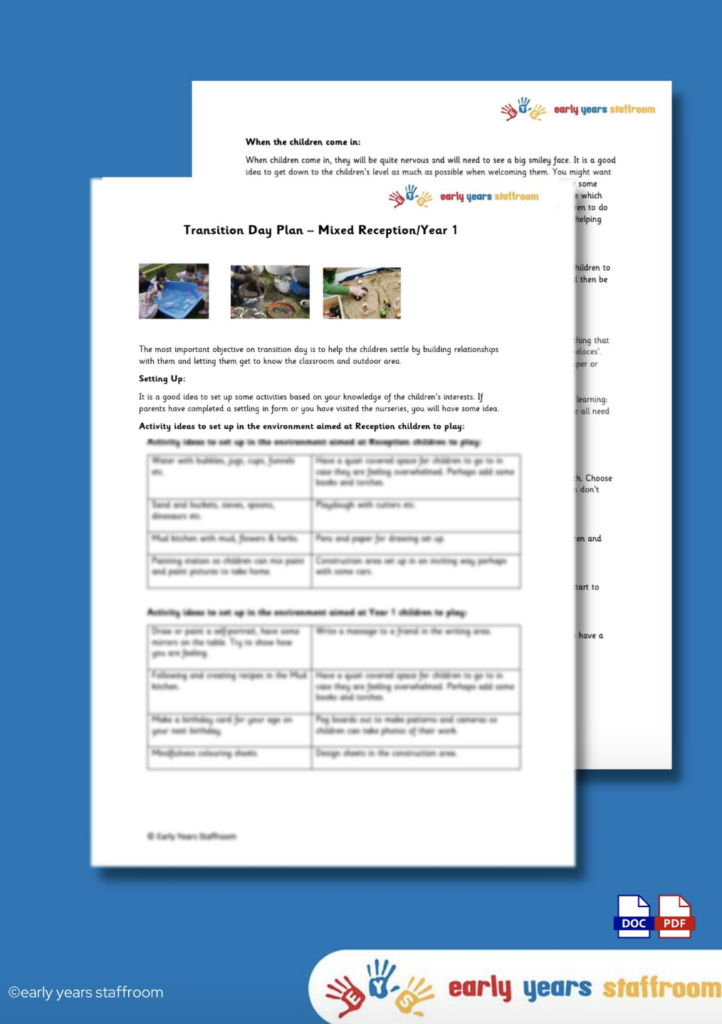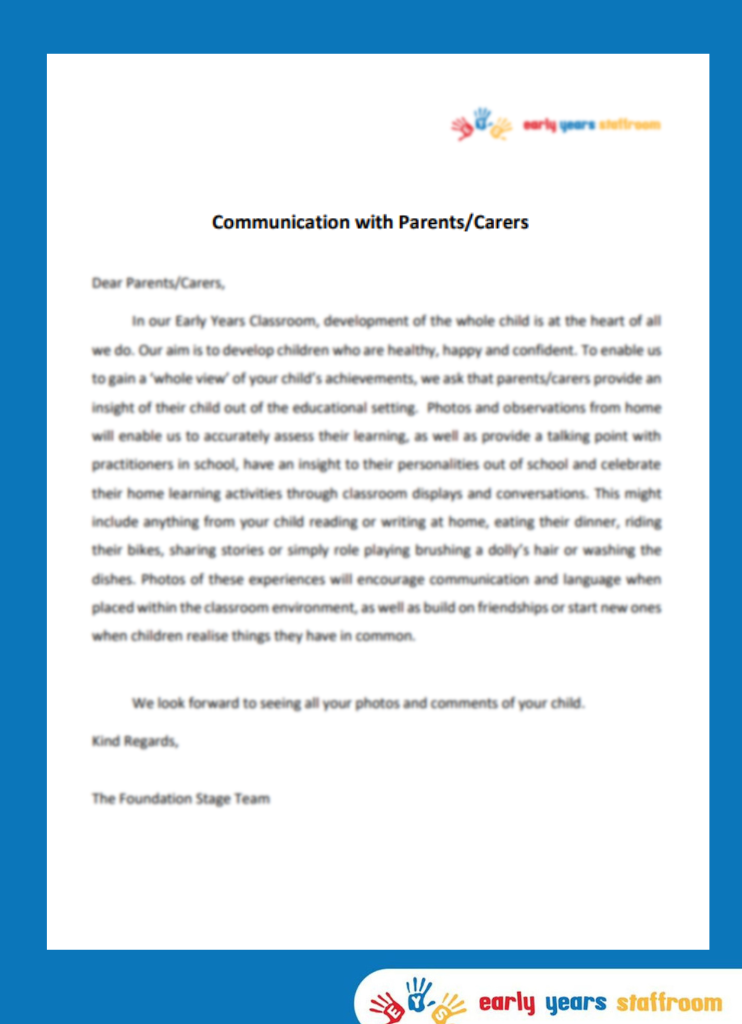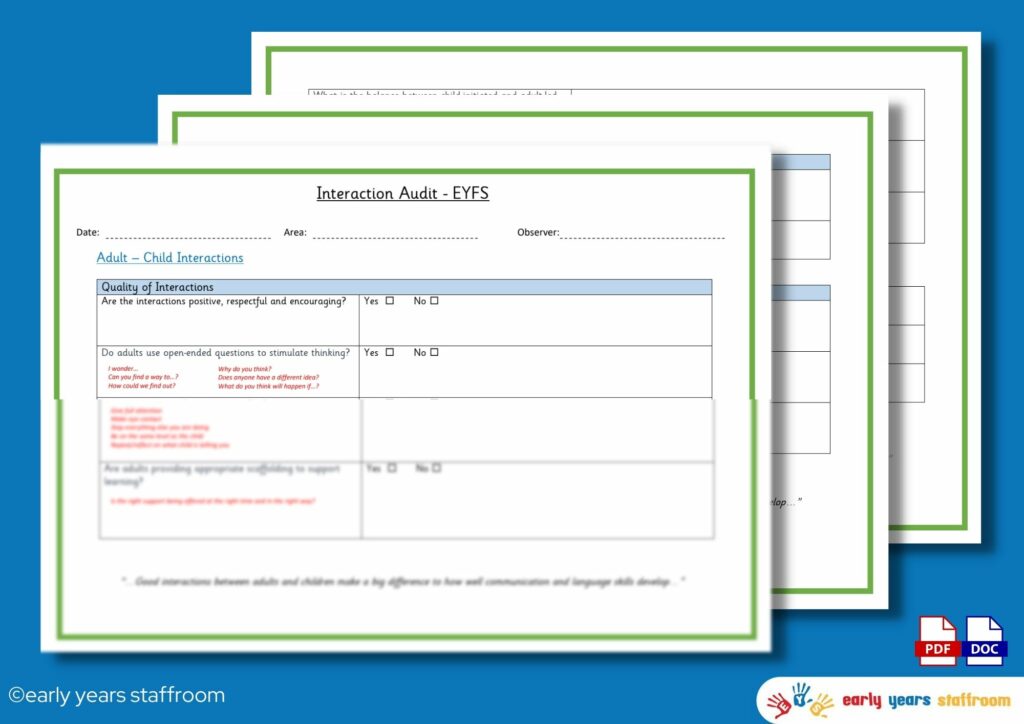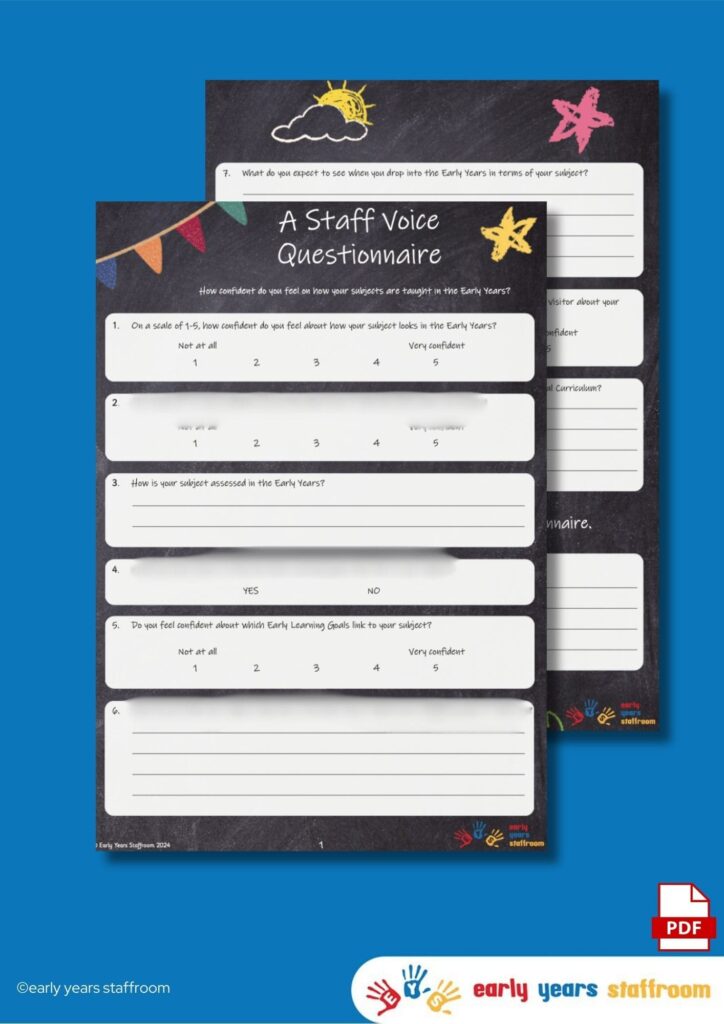Transition Day Plan Mixed Reception / Year 1

This is a plan for a transition day for Reception to Year 1. Transition days should be fun to ensure a positive first impression and create a welcoming atmosphere for children moving into a new class. Transition days are significant events in the lives of young children, especially when moving from early years settings to Year 1 in primary school. These transitions are not just a change in environment, but also a shift in expectations, routines, and relationships. Here’s why transition days are crucial:
Familiarisation: Transition days allow children to become familiar with the new setting, their new teachers, and what will be their new daily routines. This reduces anxiety and helps children feel more secure about the change.
Relationship Building: They provide an opportunity for children to meet and begin forming relationships with teachers and peers, which is essential for their social and emotional well-being.
Adjustment to New Routines: The new environment often has different rules and routines. Transition days can help children learn these new practices in a supportive and non-pressured way.
Reducing Anxiety: Change can be daunting for young children. Having a transition day can help alleviate fears and anxieties by giving children a chance to experience the new setting in a controlled manner.
Information Gathering for Teachers: Transition days enable teachers to observe their incoming students in the new environment. They can assess developmental stages, interests, and interactions, which is invaluable for planning.
Parental Assurance: These days also provide parents with reassurance. Seeing their child settle, even for a day, can ease parental concerns and promote positive attitudes towards the school.
Curriculum Orientation: Children are introduced to the types of learning activities they will encounter in Year 1, which can be very different from the play-based learning they might be used to.
Skill Assessment: Teachers can assess key skills during transition days, such as literacy and numeracy foundations, and plan for any additional support that might be needed.
Independence: Transition days encourage children to practice independence in a new setting, such as managing their belongings, asking for help, or navigating the school.
Enhanced Resilience: Early positive experiences with transition can help build resilience for future changes and transitions in life.
Feedback Opportunity: Teachers can receive immediate feedback from children about their feelings towards the new setting and address any concerns early.
Inclusion: For children with additional needs, transition days are crucial for ensuring that appropriate support and resources are in place.
Community Building: They help in creating a sense of community and belonging among the new cohort of children, which is important for their emotional security at school.
Educational Continuity: Transition days help in creating a seamless educational journey, as children can understand that learning is a continuous process that progresses as they move through different stages of education.
Overall, transition days serve as a bridge between early years education and formal schooling, designed to support children’s developmental needs, ensure continuity of learning, and foster a positive attitude towards school life.
Not quite what you were looking for? Search by keyword to find the right resource, or request a resource to be created by experts.












